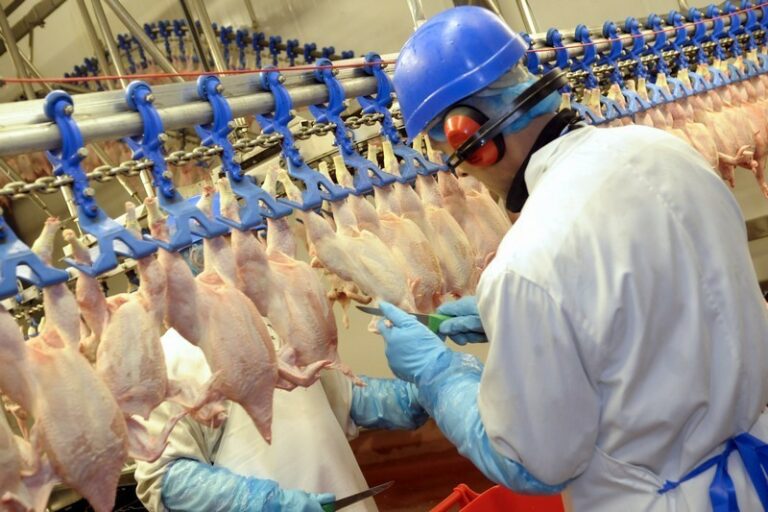By Shraddha Kaul, Public Affairs and Public Relations Manager for the British Poultry Council
Anyone reading one of the recent media reports about over a million chickens dying a year while being transported to slaughterhouses can feel alarmed. As someone who genuinely cares about our birds, I was naturally disappointed to find out that things aren’t going as well as I would ideally want them to.
Instead of being overwhelmed, I think it’s important to try and understand the problem in a bit more detail and put things into perspective.
Each day, millions of birds are transported from farms to processing plants. They are moved from their comfortable space on the farm into crates, to be transported to the slaughterhouse. Some of these birds die in transit. This can be down to anything from heat stress to over-filled transportation crates or failure to adapt to prevailing weather conditions.
While we’re talking about a very small fraction of a percentage of birds reported ‘dead on arrival’, (four to seven birds out of a lorry load of 6000), it is a level that our sector has been striving to reduce. We have pushed for a revised statutory code for the welfare of chickens, we are looking at ways to improve the health and welfare of birds across all our production systems, and are developing guidance designed to improve welfare reporting at the slaughterhouse.
Our ongoing collaboration with the FSA and Defra has ensured that the data measuring health and welfare of birds is in the public domain, so it can be scrutinised and challenged, and that is something we welcome.
It’s important for our consumers to know that poultry meat businesses are working hard towards improving bird welfare during transit. We want to ensure that our birds are transported in comfort and we are doing everything we can to reduce the number of birds that die.
We have looked at ways to improve airflow to dissipate heat and prevent suffocation. Some of our plants have built air-conditioned sheds where trucks can be parked, which helps prevent the build-up of heat. We are constantly looking for innovative solutions including ways to redesign plants, so that we can unload large numbers of birds in the shortest possible time.
After all, ‘death on arrival’ is not in anyone’s interest. From a business’s point of view, only healthy birds have value.
Our farmers are passionate about what they do. They genuinely care about bird health and welfare and want to do a good job. None of our farmers would ever want to compromise the welfare of their birds.
Improving efficiency across our supply chains is something our sector is committed to carrying on investing in. We are committed to evolving, and nurturing the trust and confidence that our consumers have in our food.


